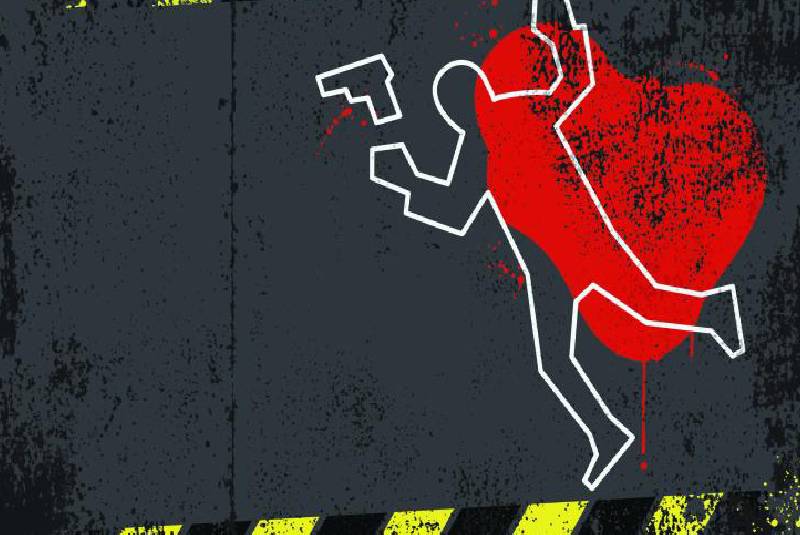×
The Standard e-Paper
Fearless, Trusted News

It was a week after his little girl’s birthday. He had missed the birthday party, and it bothered him. Being a Nakuru Chief Magistrate was time consuming, but he tried to be a good father to his five children. And so, to make up for missing the bright-eyed girl’s big day, he was going to spend the day with her. Not really fun stuff, just running errands but still some good time. Neremy, his last born child, didn’t mind. Spending the day with her papa was good enough.